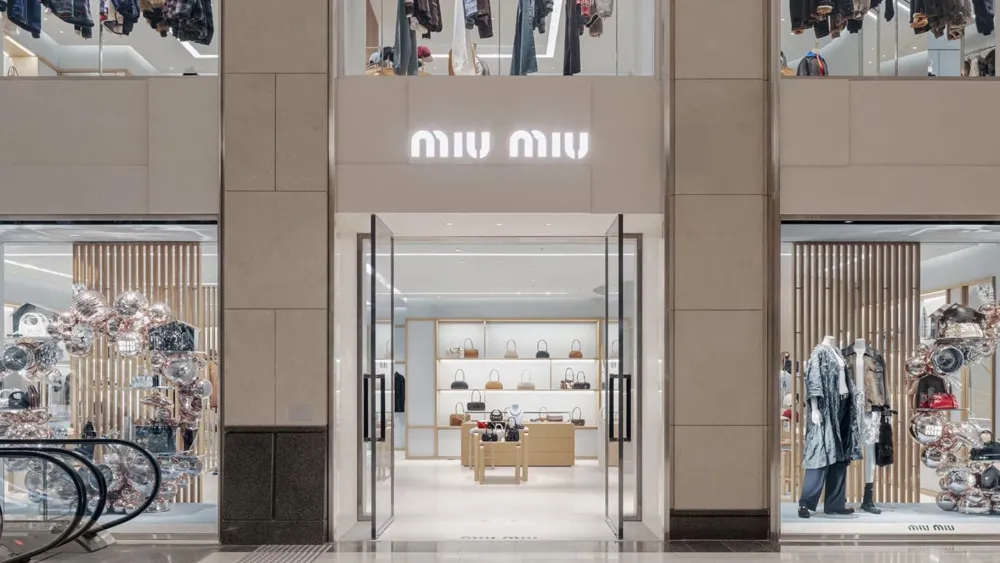
Tailor-fitting retail stores to catch up on the digitisation race
Retailers would need over 200 hours to manually digitise their products, but Fairmart claims this could be trimmed down to zero.
Retail stores in Southeast Asia could have earned $4.5b more in sales if only consumers could find their products online. Now, these stores, whose operations are mainly physical, are at risk of losing another $4.5b, should they fail to digitise their inventory, tech startup Fairmart said.
“The reason this problem exists is [that] current solutions are essentially made for e-commerce, and they’re a poor fit for the way physical retailers work,” Fairmart CEO and co-founder Jan Gasparic told Retail Asia.
He shared that physical retailers have a high number of stock-keeping units with some stores storing more than 2,000 items, making it difficult for retailers to manually digitise their products.
Putting local stores on the map
This is where the tech startup comes in as Fairmart enables small businesses to increase foot traffic to retailers by installing an IoT device that allows businesses to digitise products available in their stores. Retail stores then get a real-time feed of the barcodes that are being scanned and, with Fairmart’s software, the stores automatically generate a list of its products online.
“In order for them to manually digitise all their products, they would need over 200 hours of manual data entry each month and we bring that number essentially down to zero,” he said.
Gasparic raised that whilst shoppers have gone “irreversibly digital,” it is important that retailers digitise operations as 95% of transactions are expected to happen offline.
He also said that consumers are now inclined to do “near me” searches, wherein they look at buying the products at physical stores even as their purchasing process started online.
“Essentially, that's equivalent to what window shopping is in the physical world. It's just the start stage. Now our role as a company is to help physical retailers to unlock the potential of capturing these local searches and drive people to their store,” he said.
Making sense of the data
Fairmart’s digitisation strategy benefits retailers in two ways, that is through automation and data, Gasparic said. For instance, he shared that one of their merchant partners believed that their customers go to their store for the frozen food products; but the store owner later found out that their customers are really after the sambal sauce that they sell.
“With this kind of data, we're able to empower the retailer to make better decisions in terms of the kinds of products that we're actually getting people into their store,” he said.
Gasparic said, generally, retailers have reported between an 8% to 10% increase in organic leads in their store, largely because customers find specific products they carry in online searches. He added this essentially allows merchants to capture new customers in an organic way as it is based on specific and unique products of the store.
Singapore and beyond
Just recently, Fairmart raised $1.5m worth of funds in an oversubscribed seed round, co-led by Quest Ventures and Entrepreneur First. The funding has been earmarked for the expansion of the Fairmart team, as well as its infrastructure, amongst others.
Fairmart has a presence in New Zealand and Hong Kong, but since relocating in 2020, it has focused largely on Singapore and it plans to keep its eye on the market in the next year.
Whilst that is the case, the startup is looking at expanding outside of Singapore, particularly in Thailand and the Philippines. He explained in particular that an “enormous” opportunity lies in the Philippines as retailers have larger distances to cover which makes it harder to straddle through logistics.
“The local search problem where people want to understand does this mall have this product or does this store have this product? You want to know what's available in [the Philippine] communities and that information needs to be surfaced,” he said.
Beyond expanding into new markets, Fairmart will also zero in on developing the data they have to enable local retailers to better understand their customers.
“On the data side, we see that our customers really just lack good data to make business decisions off of and that's going to be a key vector for us to be able to productize the data that we have, and make it accessible and understandable in a way that allows our customers to make business decisions,” he said.



















 Advertise
Advertise







